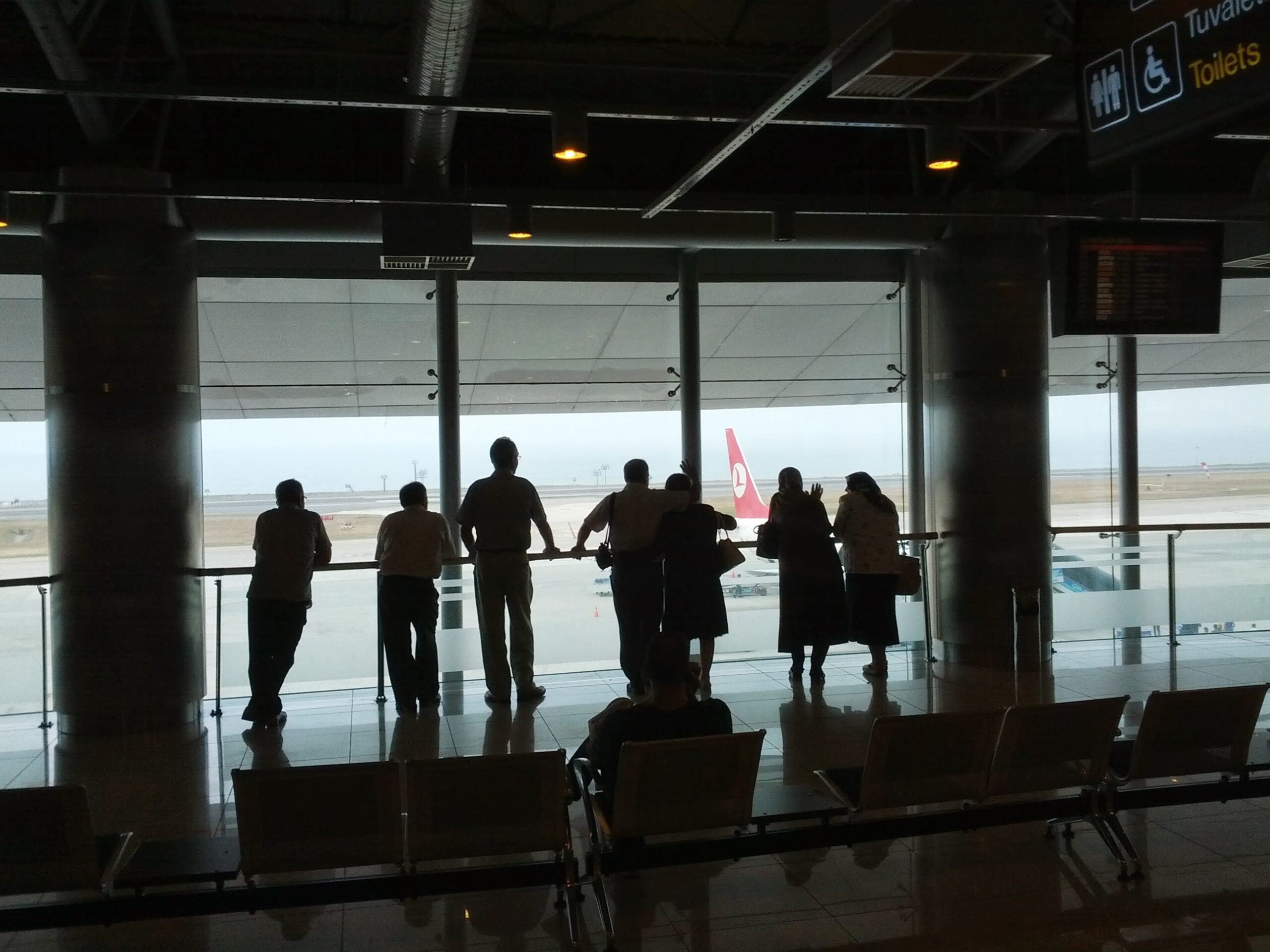With the Air Canada flight attendants’ strike in August 2025 stranding thousands of passengers, a few friends reached out asking what to do. Over nearly 20 years of travel, we’ve been stranded more than once. Here’s what we’ve learned:
Contact the Service Provider DirectlY
Your first call is always the service provider. Using airlines as examples, the following are some regulations to protect airline passengers:
- In Canada, under the Air Passenger Protection Regulations (APPR), airlines must provide meals, hotels, and rebooking if flights are cancelled or delayed within their control. Compensation can go up to $1,000, depending on how long you’re delayed.
- In the EU, Regulation EC261/2004 provides some of the strongest passenger rights in the world. If your flight is delayed more than 3 hours, cancelled, or you’re denied boarding, you may be entitled to €250–€600, plus meals, hotel accommodation if needed, and rerouting on another airline.
- In the U.S., airlines must refund you if a flight is cancelled and you choose not to travel.
If your trip was booked via a travel agent, reach out to them to arrange alternatives. Having said that, we didn’t have great experience dealing with travel agents, that will be a separate topic to share in the future.
Call Your Travel Insurance or Credit Card Provider
If you bought travel insurance or used a credit card with built-in coverage, call them as soon as possible. Divide tasks if you’re traveling with someone—one person deals with the airline desk, the other calls insurance to open a file. Always keep every receipt.
On one trip, a delay from Toronto to Tokyo caused us to miss our separate connection to Hokkaido. The airline didn’t cover it, but our credit card insurance reimbursed both the Tokyo hotel and the replacement flight.
Plan for the Worst
Sometimes you need to decide quickly whether to stick with the airline’s plan or spend money to keep your trip alive. We’ve had to pay out of pocket a few times to avoid losing the rest of a trip. As long as you keep the receipts, there’s a chance to recover the costs later through insurance or claims.
We’ve had our share of these moments. Once in Turkey, a ferry from Fethiye to Rhodes was cancelled due to mechanical failure. The operator put everyone in a budget hotel for the night and promised to sail the next day. Cancelling would have meant losing all our prepaid hotels in Rhodes, so we stuck it out and only lost one night.
Squeeze Lemonade Out of It
If you’re stuck on the way home and not rushing back, why not squeeze some fun out of it?
On our way returning from South Africa, our Montreal–Toronto flight was cancelled. Instead of staying near the airport, we ventured into downtown Montreal for a fantastic evening and smoked-meat dinner—unplanned, but memorable.
Follow Up After the Trip
Enjoy the trip, don’t let this hiccups affect your mood. You can always deal with the loss once you’re home, just make sure you submit claims promptly. Here are some actions you may take when you get back:
- Airline: Many have online portals for uploading receipts.
- Insurance: File early and include full documentation.
- Canada: If the airline rejects your claim, you can escalate to the Canadian Transportation Agency (CTA).
- EU: If compensation under EC261 is refused, complaints can be filed with national enforcement bodies.
- U.S.: If a refund is denied, you can file a complaint with the Department of Transportation (DOT).
We once had a 4-hour delay from Toronto to Tokyo. The airline refused compensation, citing “unscheduled maintenance,” but after filing with the CTA, we were compensated.
Final Thought
Every trip has bumps. If you only focus on the inconvenience, you’ll miss the story. Looking back, the cancelled ferries, missed connections, and surprise nights in new cities are some of the most memorable parts of our travels. Keep calm, carry on—and keep the receipts.

Leave a Reply